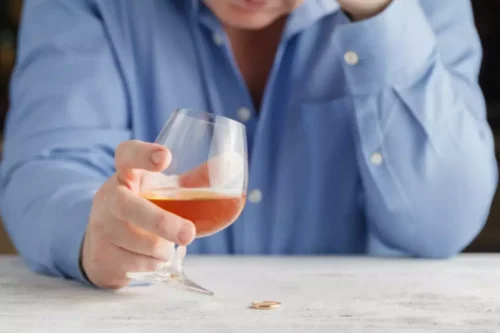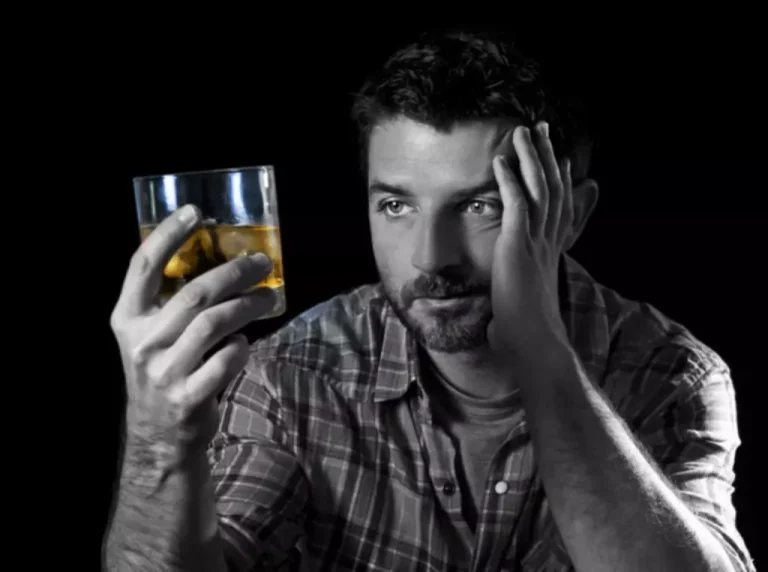Should this resonate with you, at Addiction Advocates, we have shared a wealth of ways that you can help an alcoholic who has relapsed here. If you have a loved one you are concerned alcohol relapse statistics about or who has recently relapsed, get in touch with us for professional advice and guidance. By talking regularly to someone going through the alcohol recovery process you should be able to notice when these behaviours begin to kick in and work through them early. This is incredibly important because the earlier you are able to identify an issue, the better chance you will have of providing the support they need. Long-term recovery requires almost constant assessment and adaptation. It may be time to pursue some new hobbies, improve self-care habits, or set new goals.
Breaking the Relapse-Cycle With Addiction Relapse Prevention
Relapse often begins with subtle shifts in thoughts, feelings, or behaviors. You might start thinking more about substances, romanticizing past use, or downplaying the risks. Feelings like anxiety, irritability, mood swings, or isolation may surface.
What is the Difference Between Sobriety and Recovery?
Our daily research-backed readings teach you the neuroscience of alcohol, and our in-app Toolkit provides the resources and activities you need to navigate each challenge. After a relapse, it’s important to reflect on the circumstances that led to it. This can help in identifying triggers and making necessary adjustments to the prevention plan. If you have relapsed, stop using the substance as quickly as possible.
Boost Personal Support
It is also important to find ways to deal with stress that don’t involve relying on alcohol, substances, or harmful behaviors. Stress relievers that might help you manage acute and long-term stress include deep breathing, meditation, and mindfulness practices. People can move on from the relapse with a stronger commitment to preventing future relapses by avoiding or managing triggers before they occur. A relapse is the worsening of a medical condition that had previously improved. When it comes to addiction, it refers to a person engaging in addictive behavior after a period of abstinence. If relapse does occur, it’s important to learn how to help a loved one who has relapsed.
Discover why life is boring without drugs and embrace a fulfilling, empowered journey to recovery. Explore family discussions on alcohol to guide parents and support kids through tough conversations on drinking. Incorporating feedback from trusted friends, family, https://ecosoberhouse.com/ or support group members is essential. Their perspectives can help identify areas needing improvement and new strategies to incorporate into your plan. Engage with your support network regularly to discuss changes in your circumstances and receive guidance. Incorporating self-care routines and consistent self-assessment plays a significant role in resilience, helping individuals stay committed to their recovery journey.
It can also consist of group therapy sessions in addition to individual sessions with a therapist. Often used among people struggling with Alcohol Use Disorder (AUD), it is a great option for those looking for the accountability that a therapist can provide. Cognitive Behavioral Therapy (CBT) – The approach behind this method of therapy is to identify negative thoughts and behaviors and replace them with positive habits. Research shows that those with an addiction are most successful with at least three months of treatment, along with consistent communication post-completion.
Can cravings lead to relapse?
- Understanding how a relapse happens is an important prevention strategy because you learn to recognize the signs and course-correct before you start using again.
- Therapies such as Cognitive Behavioral Therapy (CBT) can help individuals understand and change thought patterns and behaviors that lead to relapse.
- By combining these strategies, individuals can create a robust structure for navigating the complexities of recovery, ensuring they remain on track despite challenges.
- This list only scratches the surface of the many reasons why someone may relapse after drug or alcohol treatment.
- In fact, many people have multiple setbacks before finally achieving a full recovery.
Calls to any general helpline will be answered or returned by one of the treatment providers listed, each of which is a paid advertiser. The idea behind these rules is that it requires honesty and the ability to understand the nature of addiction and what that looks like for you. Include the alcoholism names of everyone on your medical and support teams and how to contact them.
Why Choose Greater Boston Addiction Centers?
We can also offer you guidance and support that will greatly benefit both yourself and the alcoholic who has relapsed. On this page, we will explain some of the common factors that lead to alcoholic relapse, tips for overcoming cravings and how to help a loved one whose recovery journey has temporarily gone off track. Some research has found that 40% to 60% of people dealing with substance abuse disorders relapse within a year. Whether or not you should return to treatment will depend on the severity of your lapse and the circumstances surrounding it. If the relapse consisted of a few hours or a few days, you may be able to veer back to your recovery path somewhat seamlessly. If you went on a multiple week-long bender, another round of treatment may be in order.
Xenia Ellenbogen (she/they) is a journalist specializing in health, mental health, and wellness. Her writing has appeared in publications such as Everyday Health, Well+Good, Rewire News Group, Prism, and more. Many people employ medication-assisted treatment for alcohol use to help curb the euphoric effects of alcohol. If you start to experience any of the following symptoms, seek medical attention immediately.





